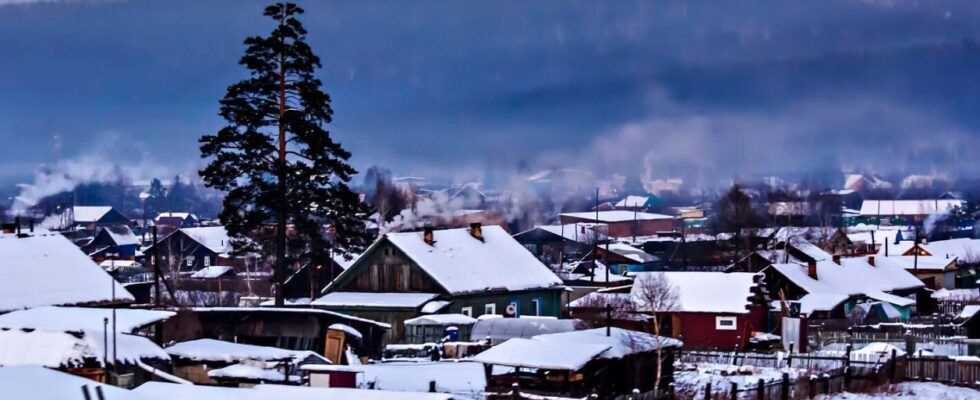Temperatures are increasing year by year. Last fact to note: a city in Siberia experienced a heat record on Saturday June 20 with a temperature of 38 ° C. An incredible number for many, because it is 18 ° C higher than normal in this region among the coldest on Earth. As time goes on, would danger lie in wait for Europe and the world? A question to qualify.
The city of Verkhoyansk, 4,600 km northeast of Moscow, behind the Arctic Circle, had its heyday, but for a fact that does not bode well for some. A record heat never seen before took place: a temperature of 38 ° C in the middle of Siberia, according to Pogoda i Klimat, a website that compiles Russian weather data. On average in Verkhoyansk at this time of year, the temperature is around 20 ° C. Saturday's record is therefore 18 ° C higher, according to The Weather Channel.
To find out more about this phenomenon, we have contacted François Jobard, forecaster at Météo France.
Is this temperature so extraordinary?
The answer is not necessarily simple. This temperature is an absolute record so it is necessarily exceptional. What is notable is that this phenomenon occurs as early as June 20. The previous record was in July. In general, in this climate, we have a climatological maximum in July. The old monthly record for June is 34 ° C. Here there is a distinction between monthly record and absolute record. In reality, this last point was only beaten by 7/10, since the previous record, in 1988, was 37.3 ° C. At the same time, therefore, I can say that it is not so extraordinary. Absolute records, we beat quite regularly, all over the planet, unfortunately in our time.
Should we worry?
This record is not disturbing in itself, but it may be with the multiplication of these heat records across the globe. Last summer in France, we broke a lot of absolute records, sometimes more than 4 ° C. We can say that the record in Montpellier last year, over 43 ° C, was even more extraordinary than the one-off record in Siberia. We shouldn't just focus on a single record and say that global warming would accelerate, this is a false vision. It must resonate in a global manner. It should also be noted that the city of Verkhoyansk we are talking about can reach very low temperatures, of -60 ° C, but its climate is hypercontinental so extremely cold in winter and can be hot in summer. Many people find it hard to imagine that in Siberia temperatures can reach over 30 ° C. However, it is. These people also thought that the record had taken place on the ice floe …
Let's go back to France. The temperatures are rising very quickly right now, will our country have to get used to the risk of heat waves every summer?
In the coming decades, the average summer temperature will gradually increase. But there will always be inter-seasonal and intra-seasonal variability: more unstable, wetter, more "mediocre" summers than others, followed by hot, dry, even scorching summers. We therefore expect to see more frequent, longer and more intense heat waves. In a warmer climate, expect periods that will exceed 35 ° C and for many days. A difference from the climate of the end of the 20th century. For example, in this past, in Paris, it was rare to reach 35 ° C. Whereas last year we had a peak at 42.6 ° C.
Just like the multiplication of heat records on the planet, worrying phenomena, because they are symptoms of global warming, the observed increase in heat waves is also worrying. This will pose adaptation problems in the big cities in the future: the nights will be more and more stuffy. There will also be problems for agriculture in relation to the risk of drought. In this heat expected at the end of this century, the Mediterranean coasts will experience an uncomfortable climate. Beaches will no longer be the best place to spend the summer. It will also be too hot. To sum up, this intensification of heat waves is not good news. As meteorologists, we are very concerned about this climate change.
